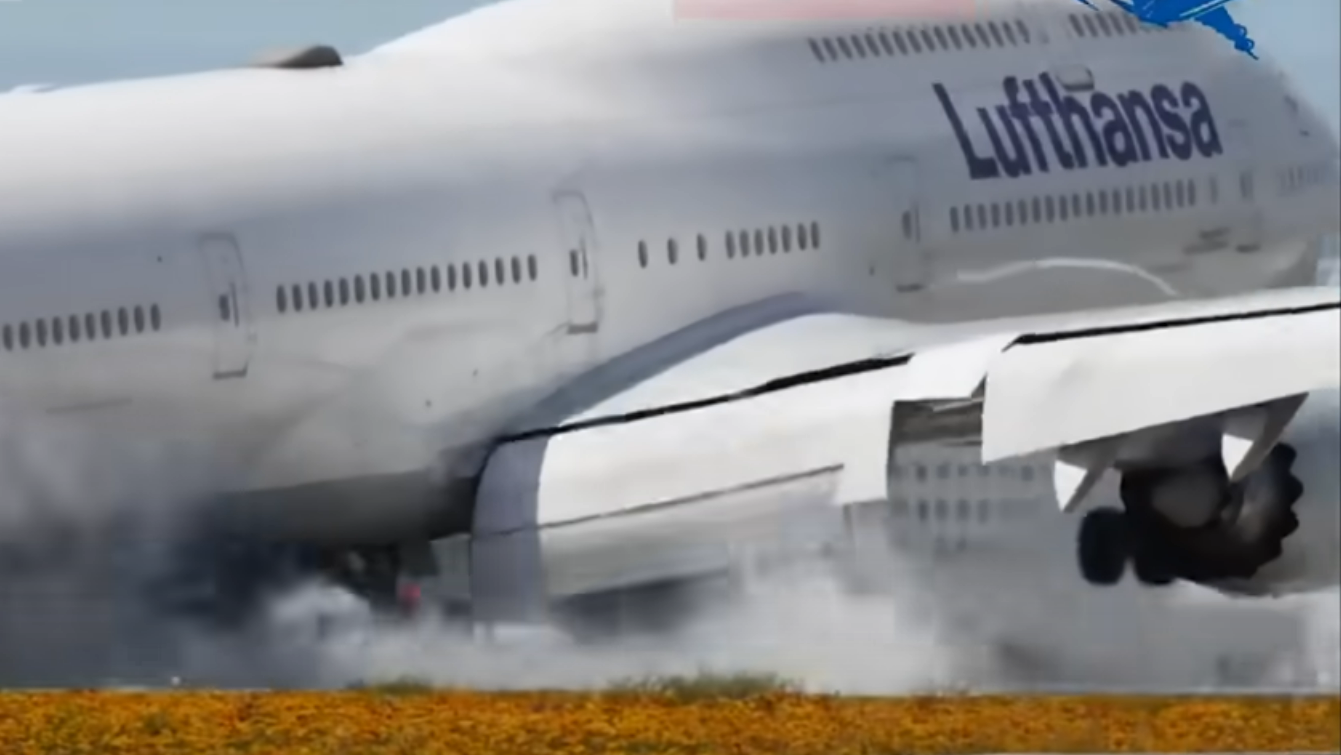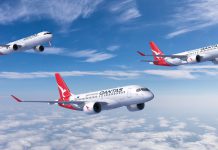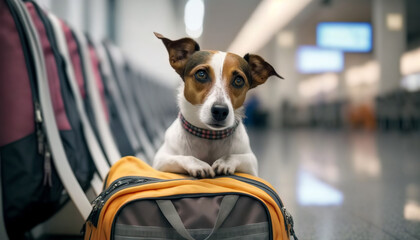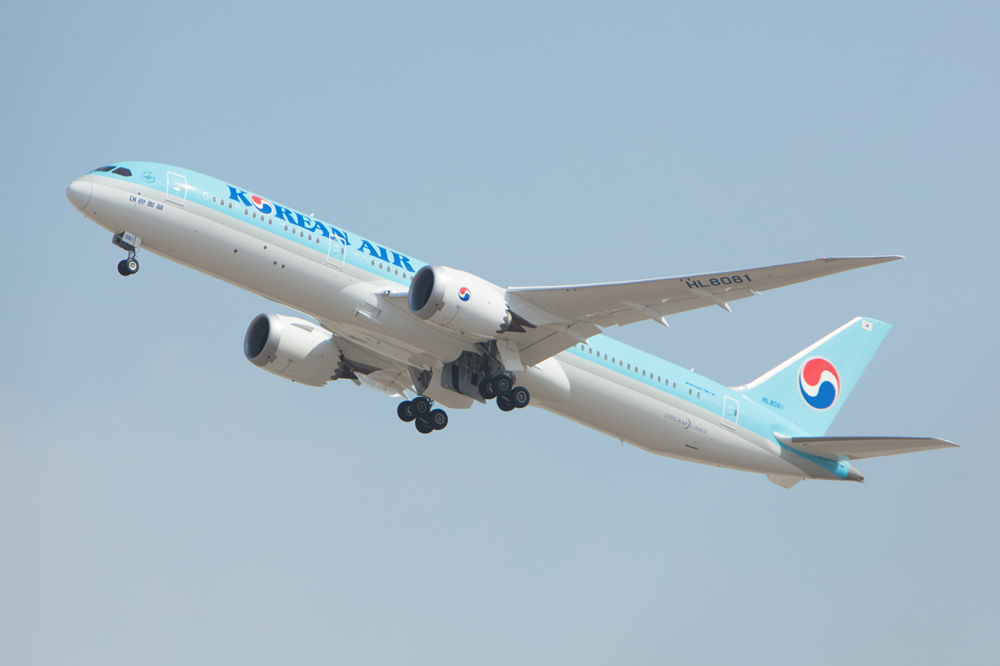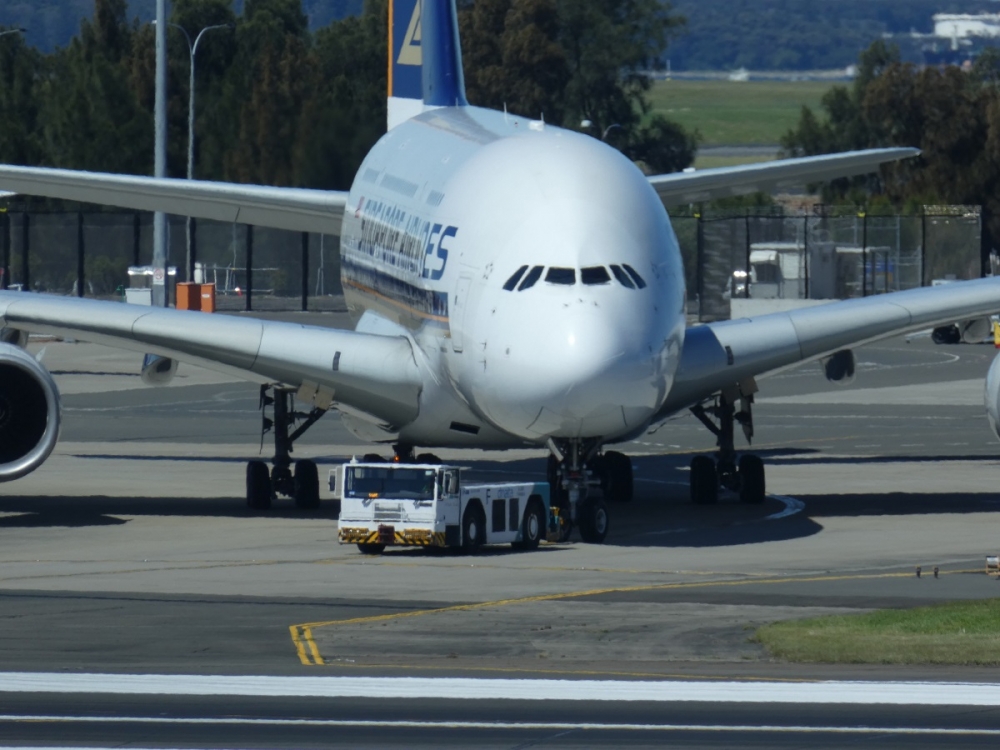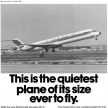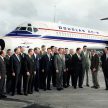Portuguese wet-lease specialist HiFly has become the first airline to take on a second-hand Airbus A380 after it Thursday announced it had welcomed a former Singapore Airlines superjumbo into its fleet.
The A380, which HiFly described as its “first”, makes it the fourth European carrier to take the big plane and the 14th operator globally. It is one of the A380s Singapore handed back after their leases expired.
The Portuguese company took the double-decker plane in a deal done with German lessor Doric and said it would operate it in Singapore’s 471-seat three-class configuration, although it noted it could seat up to 853 in a single-class layout.
“We welcome the arrival of the Airbus A380 in our fleet and we are extremely happy with the market reaction so far on this new availability in our wet lease product offering,’’ HiFly chief executive Paulo Mirpuri said in the announcement.
“The A380, besides being the largest and most comfortable airliner in the world, is a star and the preferred aircraft from a customer experience perspective, including double first class suites, lounges, extra-large business class seats and individual IFE at each ergonomic economy seat.”
HiFly specializes in supplying aircraft and crew, maintenance and insurance — wet leasing — to airlines.
The news will be welcome in Toulouse after German leasing company Dr Peters confirmed in June that two other Singapore Airlines Airbus A380s were to be broken up and their components sold.
READ: A380 faces uncertainty as it marks 10 years in service.
Dr Peters said the decision came after intensive negotiations with airlines such as British Airways, Iran Air and Hi-Fly did not result in lease agreements that would satisfy investors’ requirements.
“The market for the A380-800 aircraft type has not developed positively in recent years,’’ Dr Peters chief executive Anselm Gehling said at the time.
“Some airlines have canceled orders from Airbus, while others have opted for smaller long-haul jets.
“Finally, the ongoing negative discussion about the A380-800 has not led airlines to increasingly rely on this type of aircraft.”
The A380 was thrown a lifeline when the world’s biggest operator of the plane, Emirates, signed a deal for up to 36 aircraft to be delivered from 2020.
The deal for 20 firm orders and 16 options was valued at $US16 million at list prices and allowed Airbus to continue production.
The new order brought Emirates’ commitment to the A380 program to 178 aircraft worth more than $US60 billion.
New Airbus chief salesman Eric Schulz told reporters at the sidelines of this year’s IATA annual meeting there were still market opportunities for the A380 with existing and new operators.
He said the Emirates order had ensured the aircraft was industrially viable and could remain in production.
He also argued the concept of being able to better service saturated airports had been proven by the aircraft’s popularity at London Heathrow, where 10 percent of flights were on A380s.
However, he conceded there were not as many slot-constrained airports as had been predicted a decade ago


